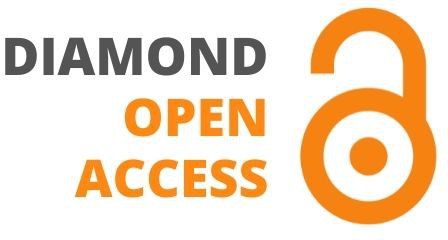Journal of Information Technology in Construction
ITcon Vol. 25, pg. 272-286, http://www.itcon.org/2020/16
Holistically assessing collaborative culture in the AEC industry
| DOI: | 10.36680/j.itcon.2020.016 | |
| submitted: | March 2019 | |
| revised: | March 2019 | |
| published: | April 2020 | |
| editor(s): | Jan Karlshøj & Line Leth Christiansen | |
| authors: | Sujesh Francis Sujan, Doctoral Candidate,
School of Engineering, University of Liverpool, Liverpool, United Kingdom; S.F.Sujan@liverpool.ac.uk Steve Wynford Jones, Senior Lecturer in Structural Engineering School of Engineering, University of Liverpool, Liverpool, United Kingdom; Stephen.Jones@liverpool.ac.uk Arto Kiviniemi, Professor of Digital Architecture Design School of Architecture, University of Liverpool, Liverpool, United Kingdom; A.Kiviniemi@liverpool.ac.uk Jacqueline Mary Wheatcroft, Chartered and Practitioner Forensic Psychologist School of Psychological Sciences, University of Liverpool, Liverpool, United Kingdom; J.M.Wheatcroft@liverpool.ac.uk Bwalimu Mwiya, Lecturer in Construction Management School of Engineering, University of Zambia, Lusaka, Zambia; mwiyab49@gmail.com | |
| summary: | The insufficient understanding and literature on people collaborating in the Architectural-Engineering-Construction (AEC) industry has prompted researchers to investigate this by conducting project-to-project comparisons. A mixed method-based comparison of two construction projects’ design teams was made in order to present factors to be considered in fostering a positive collaborative culture. Client knowledge and involvement, existing relationships between teams, stronger informal collaboration, a decentralised leadership style and the adequate monetary motivation to a firm were found to be most critical. The study also assessed whether the use of holistic analysis methods can quantitatively show the differences between the projects; in particular, which project had a more positive collaborative culture. The perception based method used correlated the variance of perception of the teamwork environment and systemic risk to the projects with a more positive collaborative culture; 80% of constructs (some postulated attribute of people assumed, to reflect in test performance) supported the qualitative data. Additionally, assessments of the personalities of respondents from the project with a more collaborative culture also showed higher collective agreeableness. Findings suggest that projects with more changes, more assumptions made and uncertainty in requirements affect the collaborative culture negatively. | |
| keywords: | collaboration, construction industry, social science; personality, holistic analysis; human factor | |
| full text: | (PDF file, 0.512 MB) | |
| citation: | Sujan S F, Wynford Jones S, Kiviniemi A, Wheatcroft J M, Mwiya B (2020). Holistically assessing collaborative culture in the AEC industry. Journal of Information Technology in Construction (ITcon), 25, Special issue eWork and eBusiness in Architecture, Engineering and Construction 2018 , 272-286. https://doi.org/10.36680/j.itcon.2020.016 | |
| statistics: |





